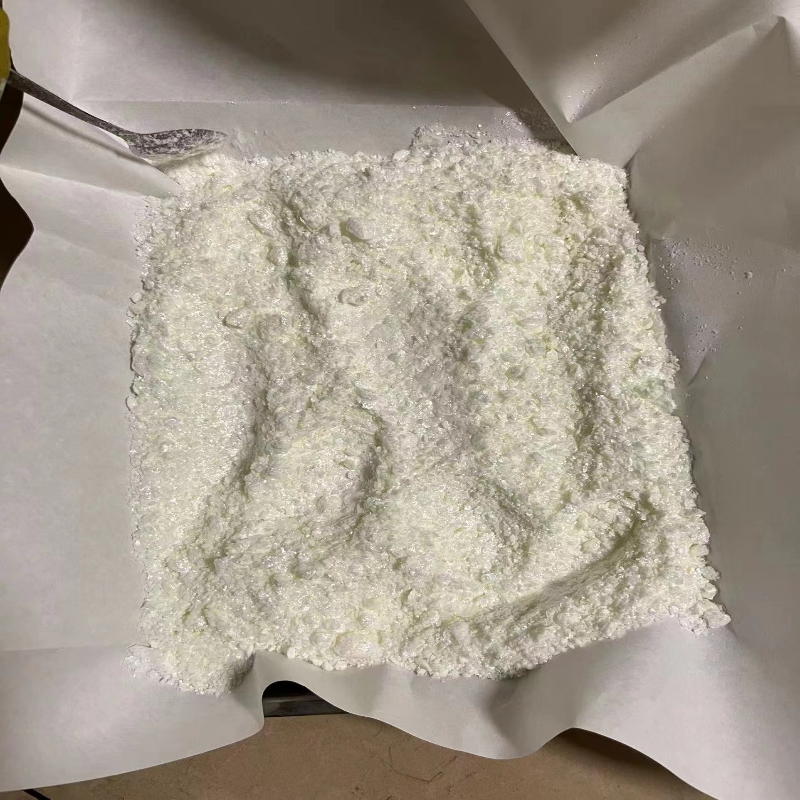-
Categories
-
Pharmaceutical Intermediates
-
Active Pharmaceutical Ingredients
-
Food Additives
- Industrial Coatings
- Agrochemicals
- Dyes and Pigments
- Surfactant
- Flavors and Fragrances
- Chemical Reagents
- Catalyst and Auxiliary
- Natural Products
- Inorganic Chemistry
-
Organic Chemistry
-
Biochemical Engineering
- Analytical Chemistry
-
Cosmetic Ingredient
- Water Treatment Chemical
-
Pharmaceutical Intermediates
Promotion
ECHEMI Mall
Wholesale
Weekly Price
Exhibition
News
-
Trade Service
A cross-industry working group of member companies of the Association of Plastic Recyclers (APR) has successfully developed recyclable black plastic
.
APR started the project about three years ago because black plastic cannot be identified by waste sorting systems and is often dumped in landfills
.
According to Unilever, about 15 percent of plastic waste in the U.
S.
is made up of black plastic
.
The company encouraged APR to form a working group to study potential solutions to the problem
.
After three years of trialling and testing its own product, the working group has developed a colour-based technology that will produce sustainable black plastic that can be recycled at scale
.
According to Melissa Craig, senior manager of packaging sustainability for Unilever North America, led by Unilever, the team developed a low-cost test method for the rapid inspection of HDPE and PP-based black packaging components using near-infrared technology
.
The group consists of several pigment manufacturers developing new color and pigment technologies
.
Unilever has tested several detectable black pigments in some of its product lines, Craig said
.
The group's commitment and investment in this project was the deciding factor in the Sustainable Packaging Coalition's (SPC) decision to switch from APR and How2Recycle compliant sortable HDPE black plastic to extensive recycling
.
SPC is an environmental organisation that recognises meaningful contributions and progress towards making packaging more sustainable
.
Detectable black colorants designed by pigment manufacturers are available globally, according to Unilever
.
"This is a real partnership with APR and the members of the Detectable Black/Dark Plastics Working Group," Craig said
.
"This group is a catalyst to elevate the topic of sortable black plastics, making sortable black plastics certified by the APR test method eligible for the How2Recycle label for recycling
.
"
Craig said Unilever had started using recycled black plastic in some packaging lines and had transformed the bulk of its Axe portfolio, which consists of 100 per cent post-consumer recycled plastic
.







